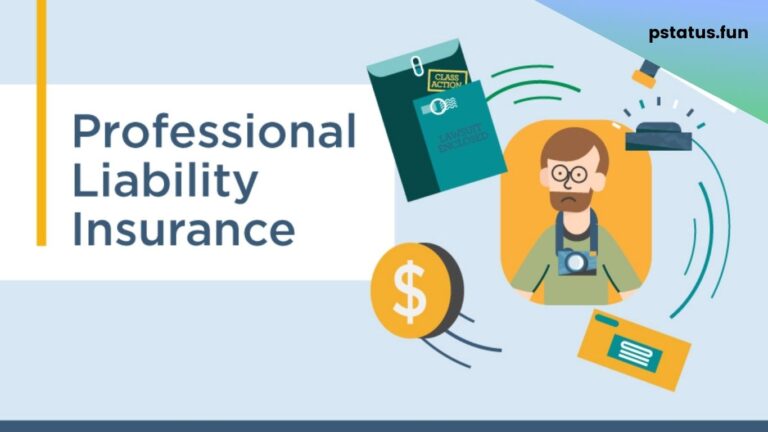The Comprehensive Guide to Small Business Insurance
Understanding Small Business Insurance
Small business insurance encompasses a range of policies designed to protect businesses from financial losses due to unexpected events. These policies can cover everything from property damage to liability claims, ensuring that your business can survive and thrive even in the face of adversity.
Why Is Small Business Insurance Important?
- Financial Protection: Insurance can cover losses from accidents, theft, or natural disasters, preventing significant financial setbacks.
- Legal Requirement: Many states require businesses to have certain types of insurance, such as workers’ compensation.
- Peace of Mind: Knowing you have coverage can help you focus on running your business without constantly worrying about potential risks.
- Attracting Clients: Having insurance can make your business more appealing to clients who want assurance that you are a reliable and professional service provider.
Common Types of Small Business Insurance
- General Liability Insurance: Covers bodily injury, property damage, and personal injury claims.
- Property Insurance: Protects business property (buildings, equipment, inventory).
- Workers’ Compensation: Covers medical expenses and lost wages for injured employees.
- Business Interruption Insurance: Compensates for lost income during business disruptions.
- Professional Liability Insurance: Protects against negligence claims for professional services.
- Cyber Liability Insurance: Covers data breach and cyberattack losses.
- Commercial Auto Insurance: Covers vehicles used for business purposes.
- Employment Practices Liability Insurance: Protects against employment-related claims (e.g., discrimination).
How to Choose the Right Insurance for Your Small Business
- Assess Your Risks
- Consider the nature of your business, location, employees, and products/services.
- Get Multiple Quotes
- Compare quotes from several providers for cost and coverage options.
- Read the Fine Print
- Review policy details for exclusions, limits, and deductibles.
- Consult with a Professional
- Speak with an insurance broker to get tailored advice.
- Regularly Review Your Coverage
- Update your coverage as your business grows or changes.
Benefits of Small Business Insurance
- Protects Your Assets
- Safeguards physical assets like inventory and equipment.
- Provides Employee Protection
- Covers medical expenses and lost wages for on-the-job injuries.
- Facilitates Growth and Expansion
- Offers financial security to pursue growth opportunities.
Considerations for Small Business Insurance
- Industry-Specific Risks: Different industries have unique needs. For example, construction requires more liability coverage, while tech startups may focus on cyber liability.
- Business Size and Structure: Coverage varies based on whether you’re a sole proprietor, LLC, or corporation.
- Budget Constraints: Balance the cost of premiums with the level of coverage you need, based on your financial situation.
- Claims History: Frequent claims can raise premiums, so aim to reduce risks and prevent future incidents.
Conclusion
Navigating the world of small business insurance can be complex, but it is a necessary part of ensuring the longevity and success of your venture. By understanding the different types of coverage, assessing your unique risks, and regularly reviewing your insurance needs, you can make informed decisions that protect your business, employees, and assets.



